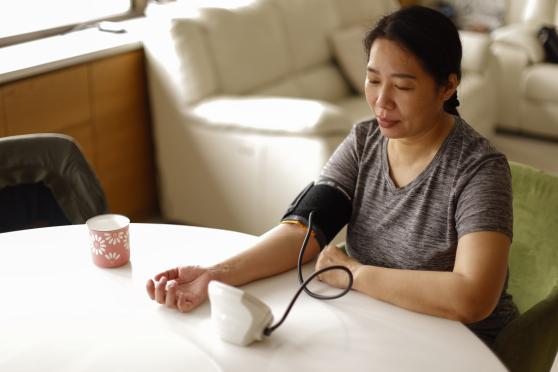Individuals and families
The widest choice for quality care in the region
Individuals and families
Employers
Comprehensive plans for every business size and budget
Employers
Find doctors and hospitals
Find a particular provider, specialist, hospital, or specialty facility
Find doctors and hospitals
Prescription drug information
Understand and maximize your prescription drug benefits
Prescription drug information
Behavioral physical and emotional health
Resources to support your behavioral, physical and emotional health
Behavioral physical and emotional health
Health and wellness perks
Exclusive programs and tools designed to help you live a healthier life
Health and wellness perks
Nothing here!
IBX Insights
For employers
Convenient online resources and services for our groups
For employers
For brokers
Everything you need to sell Independence Blue Cross
For brokers
For providers
Tools to help you do business
For providers
For members
Handy tools and resources for members
For members
Good Living: Expert health advice and lifestyle tips for a better you

























